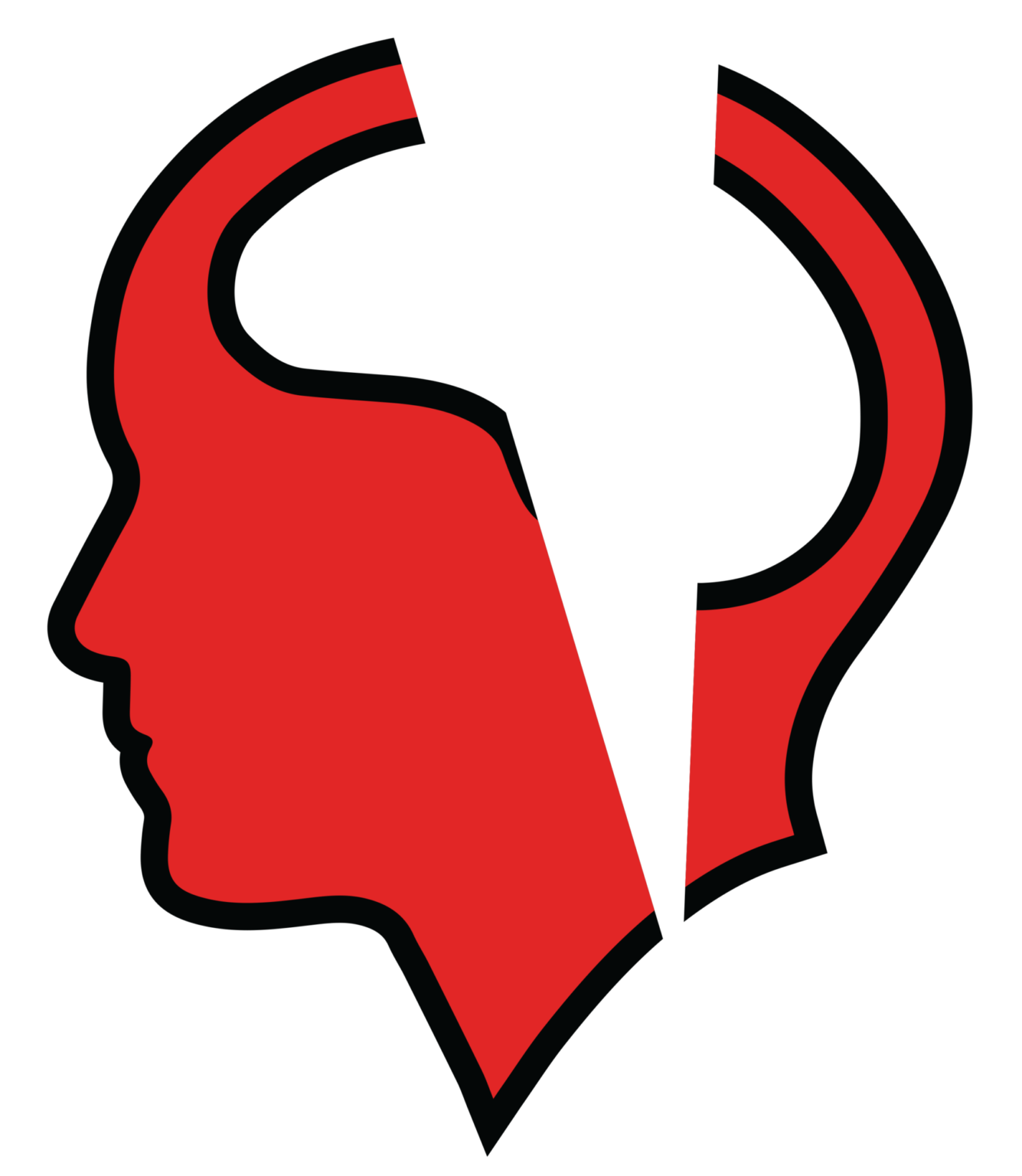Enhancing Mental Fortitude: Dr. John den Boer’s Innovative Approach to Tennis Sports Psychology
Tennis, unlike many team sports, is predominantly a solitary game where players are isolated on the court and must rely heavily on their mental strength. The psychological demands of tennis include managing stress, maintaining concentration during long matches, and handling the emotional ups and downs of competitive play. In this environment, even the smallest mental advantage can make a significant difference in outcomes.
Dr. John den Boer has applied his extensive background in cognitive neuroscience to the realm of sports, with a particular focus on tennis. His approach integrates traditional sports psychology with the latest findings in brain science to create comprehensive training programs that address the specific needs of tennis players.
Dr. den Boer’s programs are designed to enhance several critical areas:
- Concentration and Focus: Training methods help players maintain high levels of focus throughout matches, enabling them to stay present in each point and reduce unforced errors.
- Emotional Regulation: Techniques to control emotions and manage stress effectively, ensuring that players can maintain composure in high-pressure situations.
- Confidence Building: Exercises that boost self-confidence and mental toughness, empowering players to perform under pressure and recover quickly from setbacks.
- Visualization and Strategic Thinking: Training in visualization and strategic game-play thinking to help players anticipate opponents’ moves and prepare mentally for different scenarios.
Dr. den Boer’s methods are tailored to individual players, taking into account their personal strengths and weaknesses. He works closely with tennis coaches and trainers to integrate mental skills training into regular practice sessions. This collaboration ensures that psychological strategies are practiced alongside physical drills, embedding mental resilience into the muscle memory of players.
Many tennis players who have participated in Dr. den Boer’s programs report significant improvements in their ability to handle pressure, resulting in better performance in tournaments. Coaches and sports psychologists alike have noted enhanced mental agility and strategic thinking in players trained under Dr. den Boer’s methods.
With the advancements in cognitive neuroscience, the future of sports psychology, particularly in tennis, looks promising. Dr. den Boer continues to research and develop new techniques that can be implemented not just in high-performance settings but also at the developmental levels of the sport. His work emphasizes the importance of starting mental resilience training early in an athlete’s career to build a solid foundation for future success.
Dr. John den Boer’s contributions to tennis sports psychology have provided players with tools to enhance their mental game, proving that psychological preparedness is key to winning not just matches, but also in overcoming the mental challenges of the sport. As tennis continues to evolve, the insights and methods developed by experts like Dr. den Boer will remain essential in shaping resilient and mentally agile athletes.



